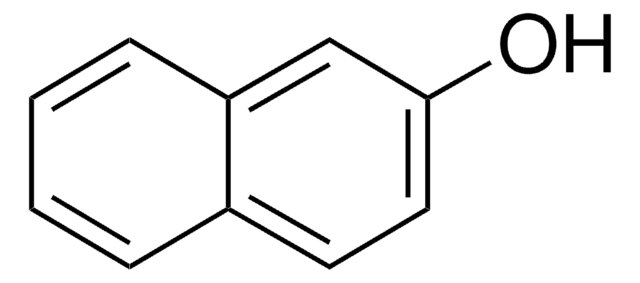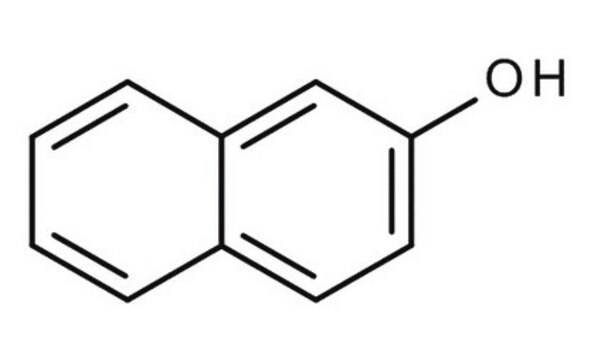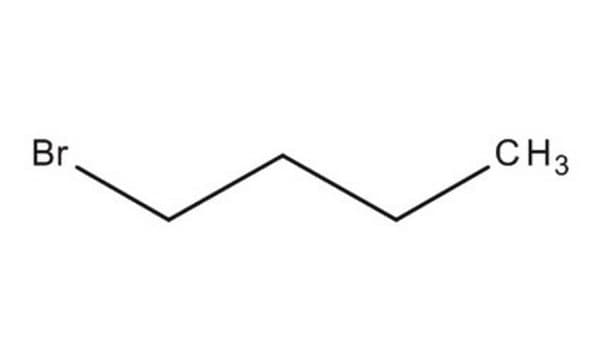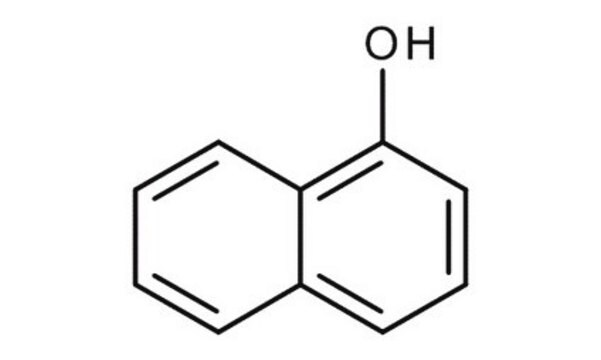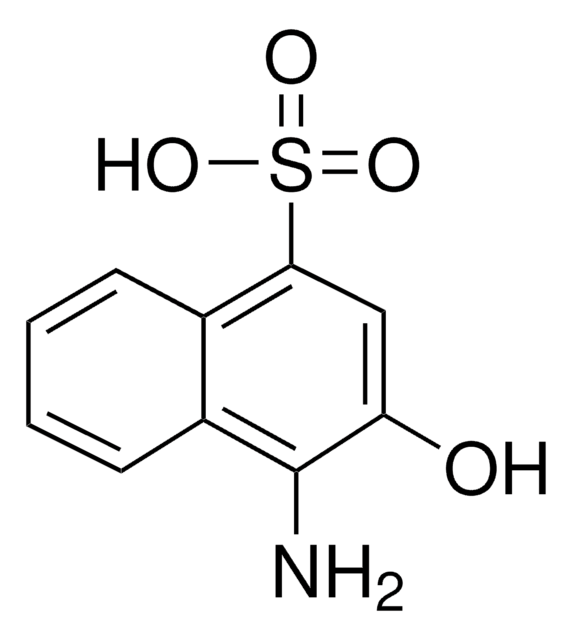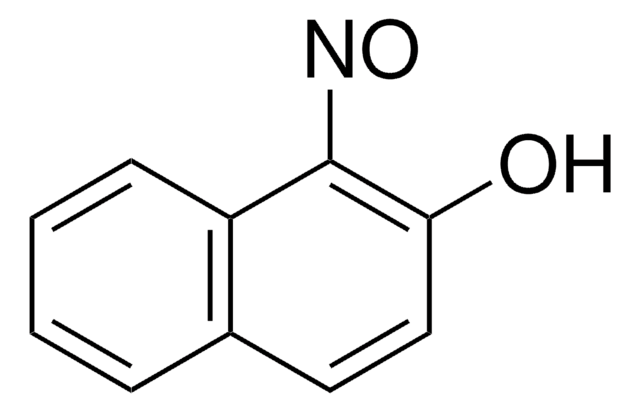130109
2-Naphthol
98%
Synonym(s):
β-Naphthol, 2-Hydroxynaphthalene
About This Item
Recommended Products
vapor density
4.97 (vs air)
Quality Level
vapor pressure
10 mmHg ( 145.5 °C)
Assay
98%
form
powder or flakes
bp
285-286 °C (lit.)
mp
120-122 °C (lit.)
SMILES string
Oc1ccc2ccccc2c1
InChI
1S/C10H8O/c11-10-6-5-8-3-1-2-4-9(8)7-10/h1-7,11H
InChI key
JWAZRIHNYRIHIV-UHFFFAOYSA-N
Gene Information
human ... CYP1A2(1544)
Looking for similar products? Visit Product Comparison Guide
General description
Application
Signal Word
Danger
Hazard Statements
Precautionary Statements
Hazard Classifications
Acute Tox. 4 Inhalation - Acute Tox. 4 Oral - Aquatic Acute 1 - Eye Dam. 1 - Skin Sens. 1
Storage Class Code
11 - Combustible Solids
WGK
WGK 2
Flash Point(F)
307.4 °F - closed cup
Flash Point(C)
153 °C - closed cup
Personal Protective Equipment
Choose from one of the most recent versions:
Already Own This Product?
Find documentation for the products that you have recently purchased in the Document Library.
Customers Also Viewed
Our team of scientists has experience in all areas of research including Life Science, Material Science, Chemical Synthesis, Chromatography, Analytical and many others.
Contact Technical Service